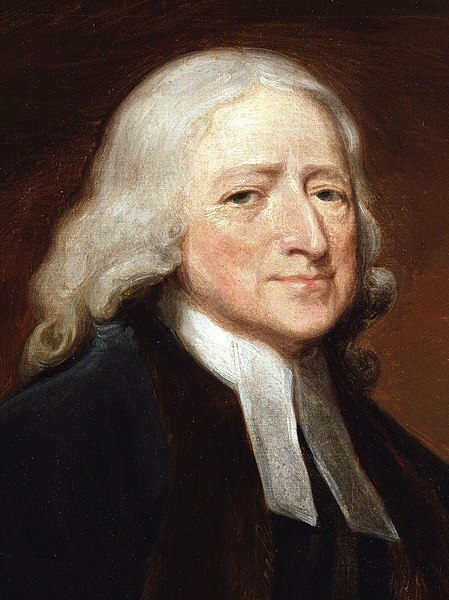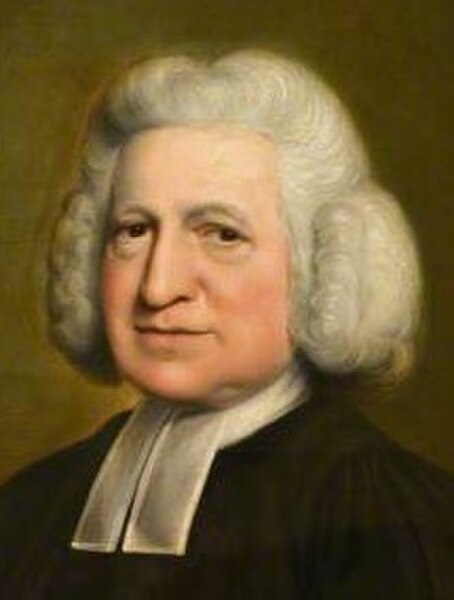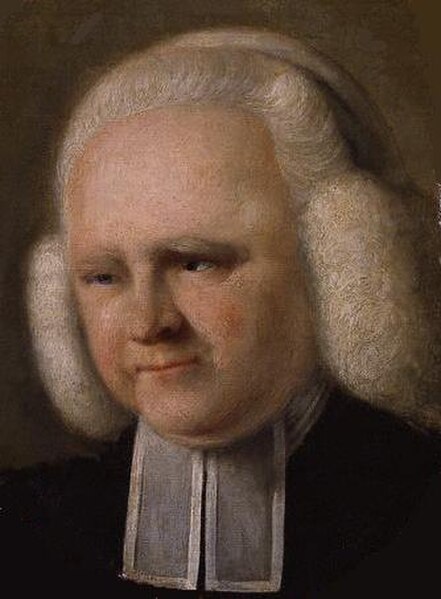John Wesley was an English cleric, theologian, and evangelist who was a leader of a revival movement within the Church of England known as Methodism. The societies he founded became the dominant form of the independent Methodist movement that continues to this day.
Portrait (c. 1789) of Wesley by George Romney, at the National Portrait Gallery in London.
Samuel Wesley
Susanna Wesley
The rescue of the young John Wesley from the burning rectory. Mezzotint by Samuel William Reynolds.
Methodism, also called the Methodist movement, is a Protestant Christian tradition whose origins, doctrine and practice derive from the life and teachings of John Wesley. George Whitefield and John's brother Charles Wesley were also significant early leaders in the movement. They were named Methodists for "the methodical way in which they carried out their Christian faith". Methodism originated as a revival movement within Anglicanism originating out of the Church of England in the 18th century and became a separate denomination after Wesley's death. The movement spread throughout the British Empire, the United States and beyond because of vigorous missionary work, and today has about 80 million adherents worldwide.
John Wesley
Charles Wesley
George Whitefield
The first Methodist chapel, "The Foundery", London.








